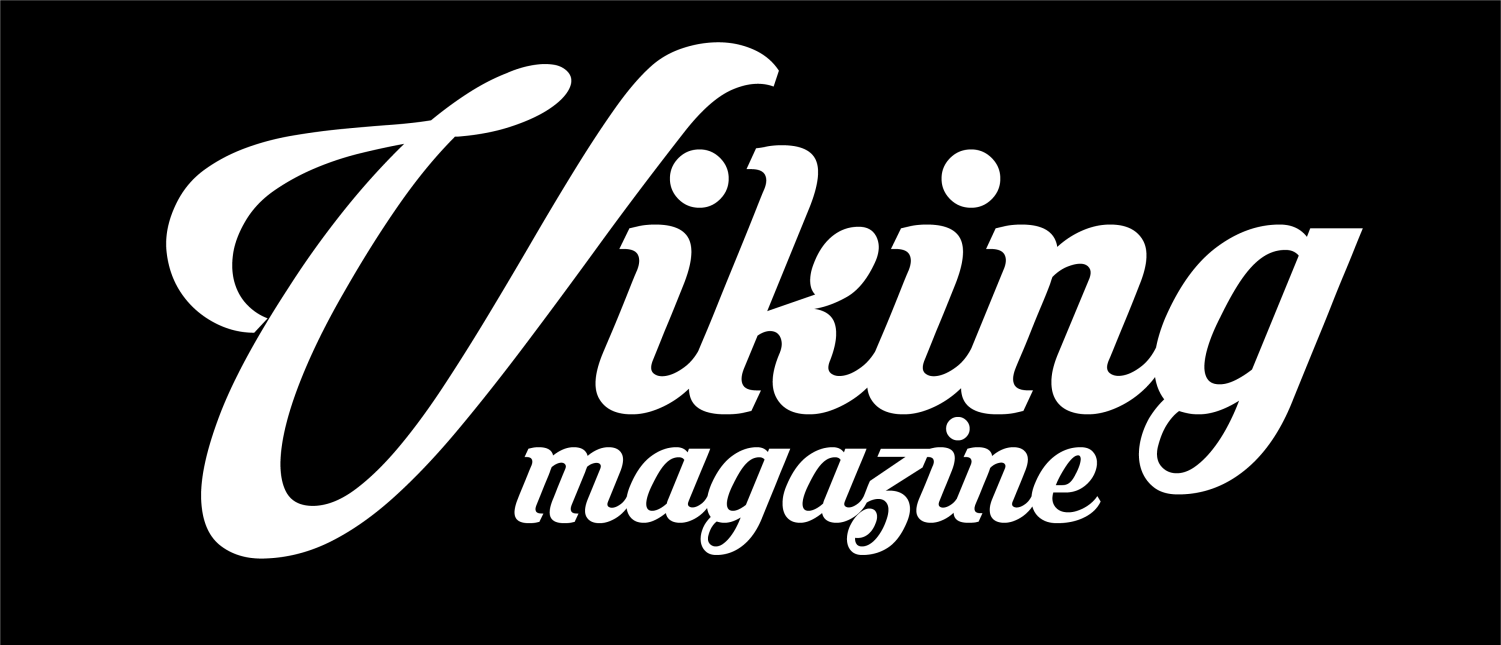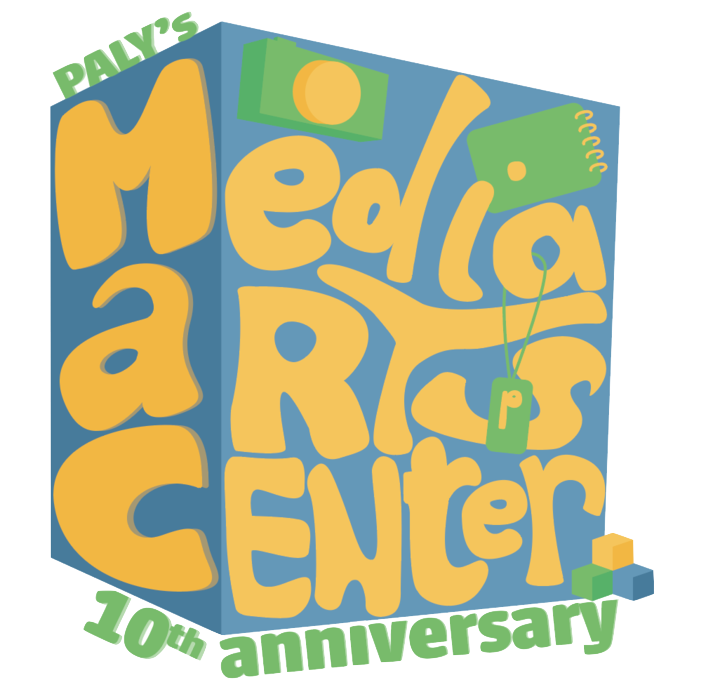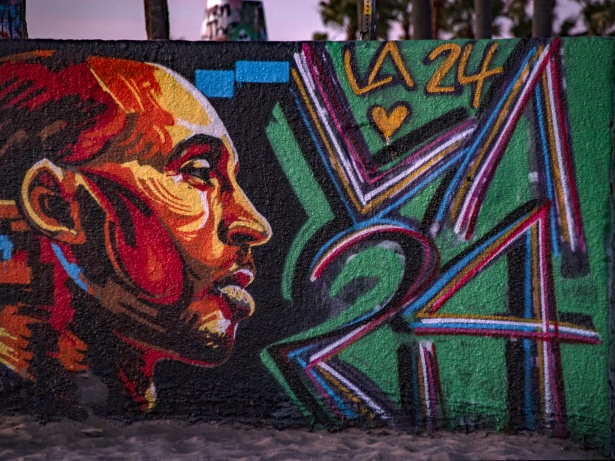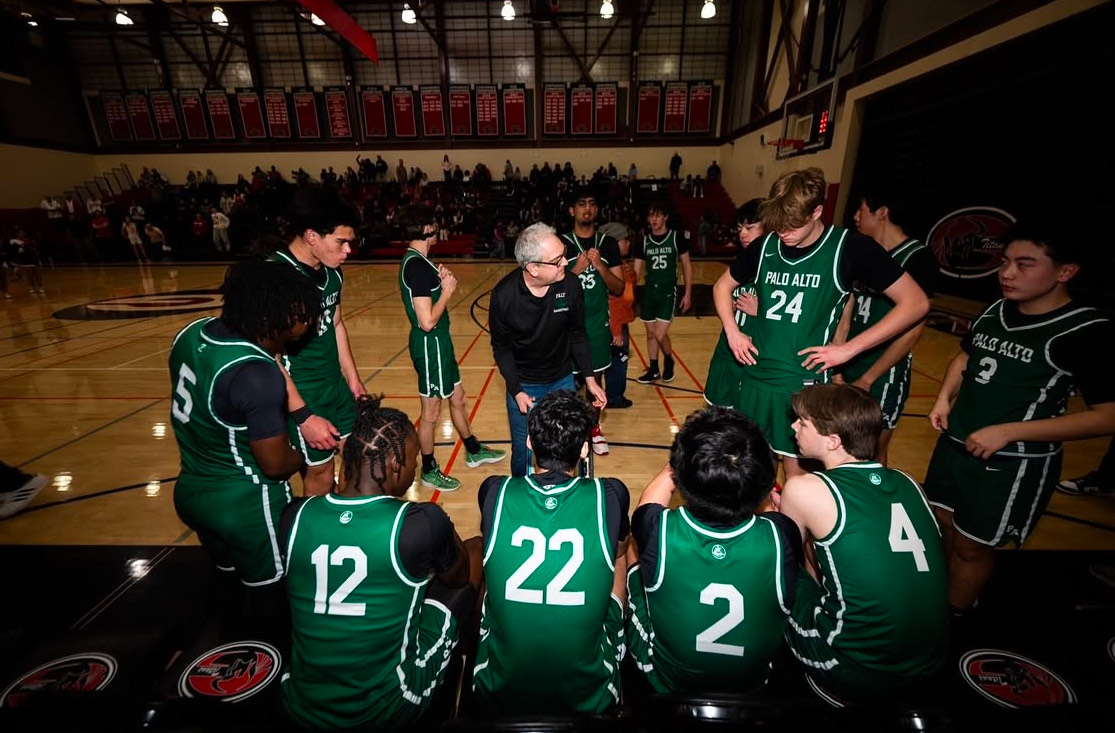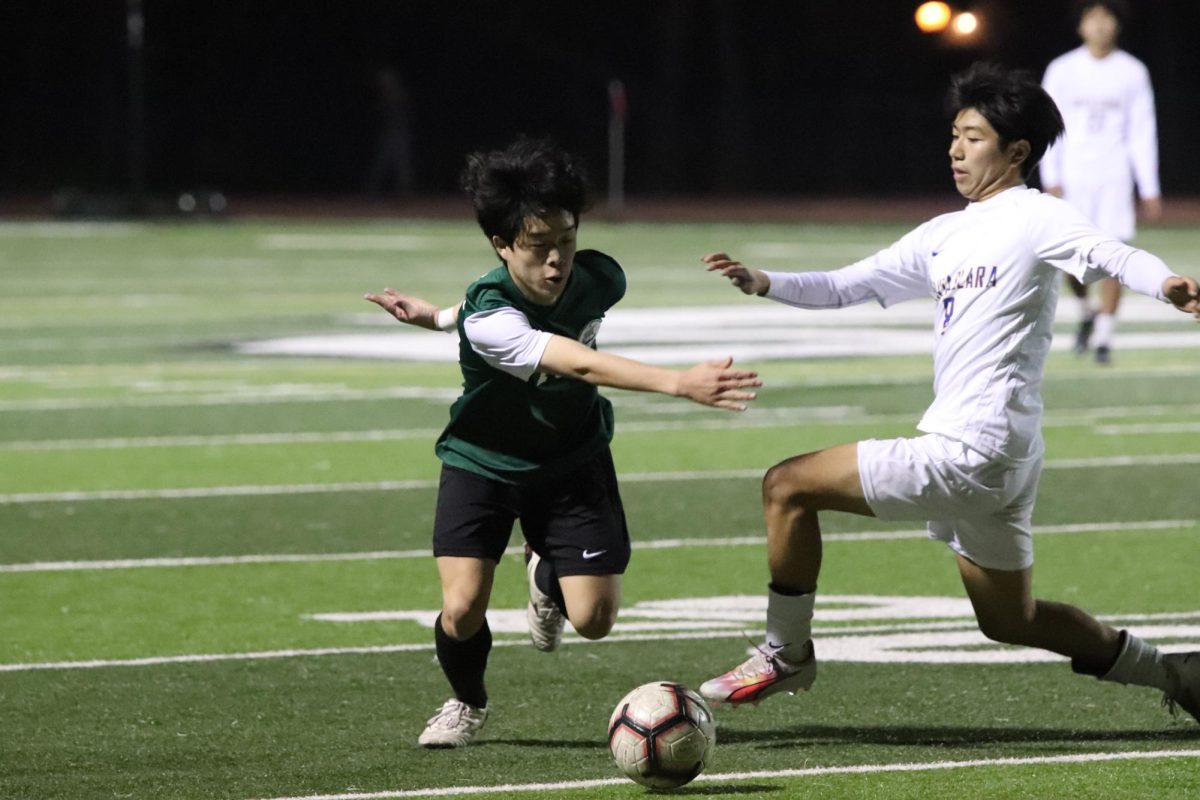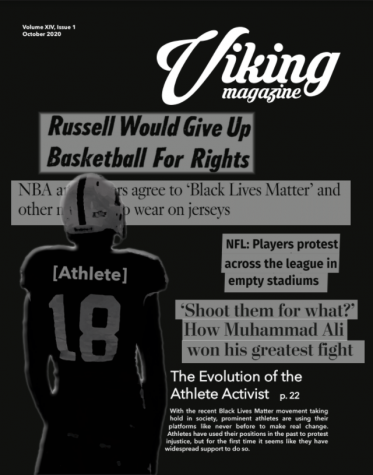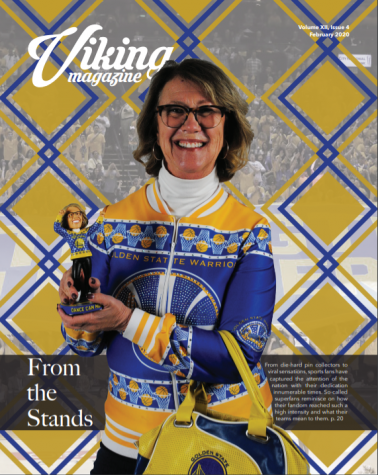Dear Kobe
February 20, 2020
Dear Kobe:
Even as I begin writing this, it’s hard to know what to say. It would be a disservice to you – to your legacy – to pretend I’m the person best equipped to write a tribute to you. How do I properly do justice to a player who was past his prime when I became fully involved in the league? By 2012, particularly by the end of 2013, you were hobbled. Talented all the same, but hobbled – your body wouldn’t allow you to go for much longer. By the time I got involved, the era of Kobe was over. It was time for a new era of players to be ushered in.
I’m not a Lakers fan with vivid memories of your trademark fadeaway turnaround jumper, of the confetti raining down on you as you stood, arms spread wide, embracing a crowd to whom you’d just brought a championship – a fifth championship. I’m a Warriors fan who remembers you more strongly for the three that Steph Curry drained on you in an October preseason game, of all games, when Steph managed to create a modicum of space against your suffocating defense. You were full-court pressing him; of course you were. He stepped back, drilled the three, and you just smiled, slapped him lightly.
Even then, having never witnessed the Kobe Bryant as he was at his best, I treasured the moment. It didn’t matter if I’d never seen you as the Black Mamba, the menace on the court that dominated the league for so many years. Your legacy was one that surpassed your best years; Steph getting your attention meant he was something really special. And I knew that such an open sign of respect from you was a rarity, something to be treasured not only because of your stardom, but because you so rarely gave your competitors credit. You were the fiercest competitor the league had ever seen, never satisfied with success, the type of player whose many controversies with his teammates stemmed from their refusal to work as hard as you. But can you blame them? Your work ethic was unmatched. Your ambition, your discipline, was more motivating than your transcendental talent. Talent is a result of luck. Your success was not.
My knowledge of you, my understanding of you as a person foremost and as a player secondarily, has had to come primarily from little moments I witnessed after they originally happened. I watched as you chided a reporter for assuming you would be happy after going up 2-0 in the NBA Finals – “What is there to be happy about?” you asked indignantly, as if it was obvious that there was nothing to celebrate. I watched as you stepped up to the free-throw line, squared up, and shot the free throw granting you your 81-point game. I watched you getting interviewed with Tracy McGrady, reminiscing about the time when the two of you played one-on-one. You had forgotten the country the two of you were in, but you hadn’t forgotten the score, even 20 years later, of a random pick-up game (which no one was keeping score of, T-Mac insisted) – 11-3, Mamba.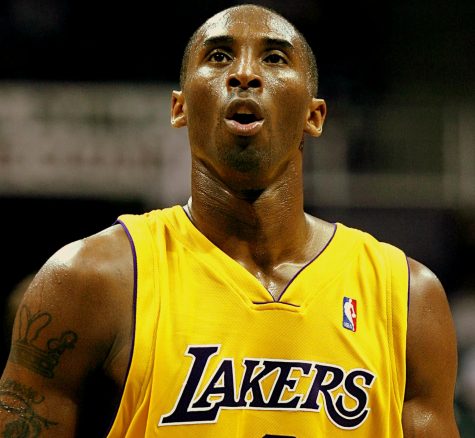
One of the few moments I did get to watch live was the final game of your career, where you scored 60 points to add one last legacy-defining moment to your career. I’m angry when I think back to that game now; I didn’t understand the weight of the moment, switching between the Lakers game and the Warriors game. To me, then, the latter game meant more – it was the 73rd win of the season, the record-breaking victory that cemented the team’s place in history as the one to win the most regular season games. I remember making a comment to my dad, even, about the 60 points – you’d scored them on 50 shots, I pointed out, thinking myself clever for seeing that glaring fault that for some reason, no one else was pointing out. Looking back, I’d like to call it naïveté, but it was stupidity. The moment was simply bigger than me.
And now, the moment is too big for me. Your 60 point game re-aired just about a week ago, live on ESPN, and I couldn’t watch it, couldn’t bear to see you. I couldn’t bear to see a young Gigi on the sideline, cheering you on as you scored 45, then 47 when the Lakers needed it most, trailing late in the 4th. I couldn’t stand to see Gordon Hayward commit a lane violation on the free throw that earned you your 60th point. The ESPN commentators claimed he’d done it to ensure you’d get another chance just in case you’d happened to miss it. But Hayward himself corrected that report – if you’d gotten any free points from Hayward, you would have lost all respect for him.
I was never the one to give you the attention, the credit you deserved when you were in the league. And now I find it impossible not to think about you, and impossible to think about you all the same.
I hardly knew you. I’m the last person equipped to be writing a tribute to you. Yet I’m as heartbroken as I’ve ever been.
You were just a kid from Philadelphia who grew up a die-hard Lakers fan. I like to think of myself as a hard worker, but you worked harder than anyone I’ve ever known. You weren’t born an athletic freak of nature, but you were talented. You were smart – you might’ve known the game better than any player, something that’s clear listening to you in Detail breaking down the X’s and O’s of Scottie Pippen’s defense, or from looking at you explaining the action on the court to Gigi in a short video clip from just a few weeks ago. Your mind was brilliant. You were never satisfied with how much you already knew, with what you’d already accomplished.
You were ferocious. When your right shoulder got injured, you shot with your left. When you tore your Achilles against my team, you still shot the two free throws your team desperately needed (the Lakers only won by two when all was said and done). At half-time, you didn’t stop to catch your breath, you immersed yourself in film from the first half, just to better counter your opponent when the second half rolled around. In high school, you made your teammate – a bench-warmer – play you one-on-one to 100 points. In your worst game, you won 100-12.
You were flawed. I struggle now with heart-wrenching feelings of guilt that the last thing I’ll ever have written about you is Crime Time, a feature story that emblazoned your image over two full pages. One marked up as an angel, one with graffiti drawing you as a devil. That image, forever associated with a story about how we’re willing to overlook the criminal histories and moral depravities of athletes as long as they have incredible talent or they play for our favorite team. That’s the legacy I left for you in Viking, reporting on your infamous rape case, putting you alongside Aaron Hernandez and Ray Lewis. It’s not a legacy you deserved. And I’m the one responsible for it.
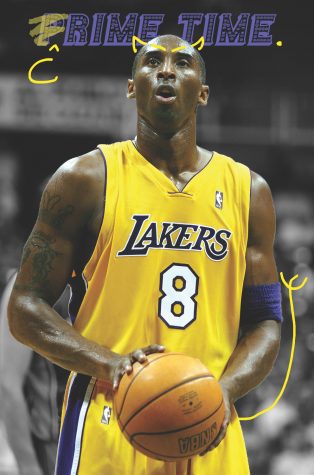
I struggle to reconcile my feminism with the realities of that case; I struggle to reconcile my grief with how I’ve portrayed you in the past. I was angry, enraged, when I saw people tweeting just moments after your death was announced that, with all due respect, you were an accused rapist, and they couldn’t mourn your death with that in mind. How could I get so angry over that, when the only thing I’d ever written about you, a sports legend, a human being, a father, a husband – when the only reason I’d ever brought up your name was to tie you to the rape case? None of my feelings after your death make sense. You’ve thrown me for a loop.
In that famous picture of you, a champion, standing on the scoreboard with arms spread wide to embrace Los Angeles, I’ve always thought you looked a little like Jesus himself. And I was the one to crucify you.
But you weren’t Jesus. Nobody can be, a human embodiment of flawlessness and morality. You were a human, imperfect. And yet I believe, deeply, that you were a good person. I see it in the way you committed yourself to the advocacy of women for the remainder of your life. I see it in the way you were a fierce supporter of women’s sports, particularly of women’s basketball – when legions of basketball fans were degrading female athletes, you stood by them, making it that much harder for those attitudes to persist : if Kobe Bryant respects women’s sports, loves to watch them, shouldn’t I grant them that same respect?
It was about more than respect to you, more than virtue signaling, more than an admission that while men’s basketball was clearly better, maybe the women who worked so darn hard deserved some of our attention, too. Begrudgingly. No – you truly viewed them as equals. I see it in how you coached Gigi, how you so easily assumed the role of head coach for Mamba Sports Academy’s basketball team. I see it in the way you fathered your four girls. You were proud of your accomplishments in basketball, but it paled in comparison to the pride that shone in you when you talked about your girls. You spoke of how male fans would constantly approach you, telling you that you and Vanessa needed to have a son, and how Gigi would scoff at the notion. “I’ve got this,” she’d say. And you beamed.
I’m heartbroken for Gigi, heartbroken that we’ll never see her become the woman she was bound to become. She was attached to you at the hip. There’s no doubt in my mind that she would have made it to the WNBA, perhaps transformed the public perception of the league. You would have lived on through her. Jersey tucked between her lips, tough turnaround jumpers – she was just like you. A competitor. Her love for the game, her love for you, was obvious. And she’ll never get the chance to graduate high school.
In 2018, you won an Oscar for “Dear Basketball.” In it, you say that you gave basketball your all. From your mind and body, to your spirit and soul. You gave those things to us. There will never be the right words to express my gratitude. You were so much more than a basketball player. I cry when I watch that short film, and I cry as I write this, not because of who you were on the court, but because we’ve suffered, collectively, an immeasurable loss. A person with enough passion to fill infinitely many Staples Centers. A person with the kind of drive, the kind of determination that doesn’t come around once in a lifetime. It only comes around once. A person whose heart I mourn for. You took every defeat as a test you’d ace ten times over the next time it came around. You didn’t take a single victory for granted. You were larger than life, practically folkloric, yet stoic, a silent killer. You say, in the film, that you did everything for basketball, because that’s what you do when something makes you feel as alive as basketball made you feel.
You, Kobe, made us feel alive. In your dreams, we found ours.
I can’t help but see some of myself in you. In your obsessive need for control, in your hunger for improvement, in your endless passion for doing what you loved. Maybe that’s why I’ve taken this so hard, why everyone has taken it so hard – I think everyone saw a little bit of themselves represented in you.
This tribute can’t contain your life. And I’m terrified of writing a tribute that isn’t worthy of you. I don’t think I’ll ever feel that what I’ve written is good enough for you. Nothing can encapsulate that kid with the rolled up socks, garbage can in the corner, five seconds on the clock. Ball in your hands. 5, 4, 3, 2…1.
On Friday, the Lakers played in their first game since your death. I’d heard the sentiment from some fans that the Lakers needed to win this game for you, to honor you. I disagreed. That’s not what you would have wanted. You would have wanted the team that played the hardest, that competed the best, to win.
This time, I did watch. And that’s exactly what happened. Damian Lillard nearly single-handedly propelled the Blazers to a 127-119 victory. Afterwards, Rachel Nichols asked him if he felt bad trying to win on a night dedicated to you. “Nobody is going to win tonight,” was his response. “Kobe is gone, his family isn’t going to get him back, and this is just basketball.” And yet I know that Lillard’s dominance – 48 points in that game – was the best way possible to honor you that night. I don’t believe in heaven, or a god, or an afterlife, but I know if you could have seen Dame on Friday, you’d have been smiling.
The Lakers left two seats open on their bench that game. One for you, and one for Gigi. And outside of Staples Center, in a memorial shrine built to you, a mural was set up for fans to write notes to you. Many called you a legend. Many called you their idol. One young girl wrote to you: “Dear Kobe, my mommy and second dad miss you. I play basketball too, just like Gigi.”
I can’t write you a note. But if I could, I’d say:
Those empty seats left at Staples Center will never be filled.
Thank you, Kobe, for everything.
Yael
